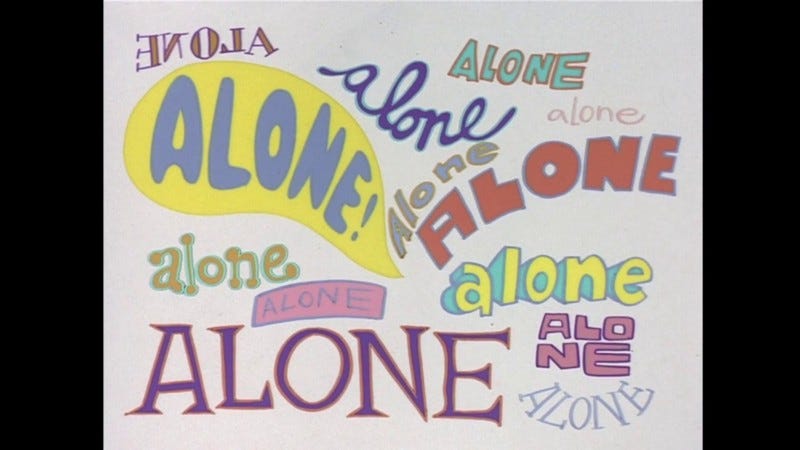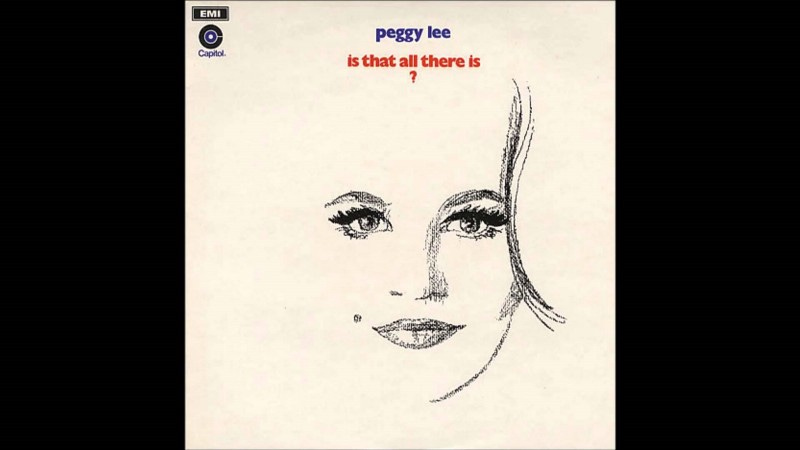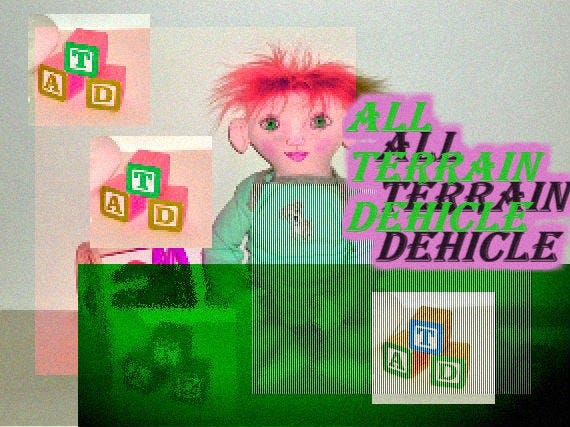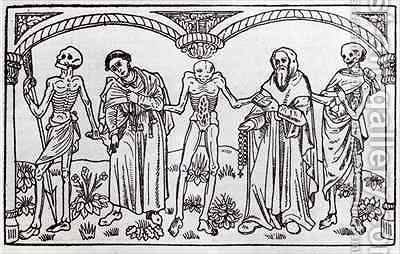The lament of an academic achievement addict
If, like me, your primary means of encountering philosophy is via stonery shit like Waking Life and a Pervert’s Guide to Ideology, then you’ve probably grokked Existentialism as Nihilism’s slightly less goth, slightly more Libertarian cousin. Nihilists wear all black. Existentialists wear snapbacks and wristbands with inspirational phrases on them. Whereas Nihilism says that life is meaningless and bleak, Existentialism says that life is meaningless and bleak and you’ve gotta pull yourself up by your own nutsack anyway, get out there, buddy, write a novel or something.
Put another way: nihilists don’t send emails. Existentialists send emails with really long signatures listing all their upcoming shows and their pronouns and job title, but they feel kind of empty about it all.
I understand Existentialism intuitively, because I am a human agglomeration of rapidly fired-off emails. I am someone who responds to reassurances like “It’s going to be fine,” with a half-screamed, “BECAUSE I AM GOING TO MAKE IT FINE, DAMMIT”. And I was, in fact, a teenaged libertarian who believed they could accomplish anything if they clenched their fists and asshole tight enough.
(I’ve gotten better. At least as regards the Libertarian part).
Existentialism was “founded” in the 1800s, to the extent that a group of eye-rolling non-joiners can be said to be “founded”. The first real Existentialist was Kierkegaard; he wrote that life is entirely material and physical, and that humans have no special place in it. Consciousness isn’t some spiritual gift, it’s just a thing that happened, a power that allows us to reflect on a reality that means nothing. This idea was expanded by philosophers like Camus, Sartre and Nietzsche, who mostly believed there is no God, there are no souls, that we are just overly analytic, but irrational animals thrown into an uncaring chaotic world.

In order to cope with this vacuum of meaning, humans seek to impose an arbitrary order on reality. Kierkegaard and Sartre both wrote about how humans try to impose meaning via rationality and logic; this pursuit is doomed to fail because the world does not make sense. Nietzsche said humans cope with a lack of meaning by inventing a God that guides us, and a moral system that tells us what to do with our lives. But these morals and social standards just further imprison us, and force us to create false selves that do not reflect our true desires.
Sartre pointed out that it is a unique torment to feel that you’re forever being watched by a judgmental God, or to always be imagining what other people might think of your actions — hence his assertion that “hell is other people”.
I have often thought that I’m only myself when I’m alone. Other people are stifling, they put static in my head that makes it hard to know who I am. I am only liberated and authentic in private, where I can rub my proverbial trackpad and eat Cap’n Crunch dipped in peanut butter with a completely expressionless face, watching the types of porn I’m sure other people would judge me for. That dark, unstructured solitude is liberating…but after enough time, it feels a lot like being dead.
Existentialists believe that humans must assign a purpose to their lives, because without it, existence is too reminiscent of death. But they also believe these purposes are ultimately meaningless. We cannot truly embody our higher values. We cannot actually escape our pointless, chaotic animal natures, nor can we escape death.
I want to be a compassionate and philosophical person, but I had too much caffeine every day this year and I’m scared of every public bathroom. Not just because of gender stuff, but because every shitting stranger’s moans are, I’m convinced in the moment, some kind of erotic death rattle and it’s not fair I have to imagine I’m surrounded by anal leaking corpses every time I need to pee out some soup. And no matter how noisy and fearsome another person’s shits are, I’m still too shy to really fart with moral abandon if another person is around.
Hell is other people! Or really, my mind is hell and so hell is with me everywhere I go. Life is loud and demanding and unpleasant and we have control over very little of it, and then, someday, it ends, so you better make a difference while you can, you better spend every moment of consciousness sending some really superb fucking emails. That’s all that living your dreams comes down to, I’ve realized. It’s just sending a bunch of emails.
I am God’s number 1 email sender. I’ve had an empty inbox since 2010. Please clap.
In the 20th Century, psychoanalysis was a booming field. More and more people were willing to talk about their feelings of despair, loneliness, and neuroticism. Existentialism became popular among therapists, most notably, Ernest Becker, who in 1973 wrote the book The Denial of Death.
Becker claimed that all humans spend every waking moment low-key aware of their impending death, and this causes an inescapable anxiety, often referred to as “Existential dread”. To comfort ourselves in the wake of existential dread, we devote ourselves to “immortality projects” — activities and pursuits that we believe will grant us symbolic eternal life.
Having a baby is an immortality project. It lives on long after you die. Building a massive, phallic tomb is an immortality project. It’s an edifice that outlasts your physical form. Running marathons is an immortality project. Believing that some essence of your personality will pass into Heaven is an immortality project. Winning trophies or ribbons is an immortality project. Having a sick skateboard trick named after you is an immortality project. None of it will last forever, but all of it will probably last longer than you.
Nothing alights my frantic soul more than checking something off a list. At any given moment I have between 3 and 5 academic jobs and one side hustle and a handful of creative projects. I am a riot of productivity. And every accomplishment that I attain dissolves instantly into ash on my tongue. After I got my PhD in psychology, I spent the next six months wanting to die. I knew I would never again have something that big to yearn for.
That’s all an accomplishment is. A burning need to keep going, followed by a checked box and a surging re-awareness of the dread that was always there. It was always the dread that started it, and always the dread the remains.
The philosopher Camus said that when humans strive to impose order on an orderless, indifferent universe, absurdity is what results. Absurdity is dark, but humorous or profound in its bleak strangeness. Absurdity is Peggy Lee singing “Is That All There Is” in a mass grave while wearing the Philidelphia Phanatic’s fursuit with boob holes cut in its fuzzy green torso. It’s the entirety of David Lynch’s human existence. It’s a painfully dank meme that alienates anyone who doesn’t spend 12 hours per day logged the fuck in. It’s beautiful and unsettling and bracing.
Sometimes, absurdism is framed as a release from Existential dread. But it’s not, it’s merely a consequence of it. When I make a jpeg of Hank Hill smoking a bong with the veggie tales characters in MS Paint at 2am, I am not doing so because it allows me to accept my death and the end of all things. I do it because I’m so weary of being weary that I have just become odd, instead.
Existential absurdity has inspired a lot of artistic movements — Dadaism, Postmodernism, and Surrealism among them. Art that is absurd can provide comfort in a bleak universe, and is especially popular in times of war, economic instability, and growing fascism. Absurdist art is especially appealing when life is already a lot like death. But that art, and the creating of it, can become just another striving for symbolic immortality, another tightly-clenched distraction.
Existentialism does not resolve, even with the acceptance that life is absurd. We cannot stop tricking ourselves into thinking we’ve found a purpose, got shit figured out. It’s central point is that we cannot stop searching, and that the searching will always be futile. It is a philosophy that creates the very dread that it also works to explain.
But I know that when I am chasing my own little slice of symbolic immortality, I feel most vibrantly alive, filled with power and usefulness. I love slipping into the flow state of hard work that lets me forget it’s all useless and unsatisfying in the end. I want to keep being the universe’s chump, I guess — convinced that things are going to be fine because I’m gonna make them fine. I want to keep going. I want to keep chipping away at the big, decaying nothing.
It is absurd. It will never bring me peace. But I do it anyway. Because I am alive for now, and I have to do something with the time I have left.















